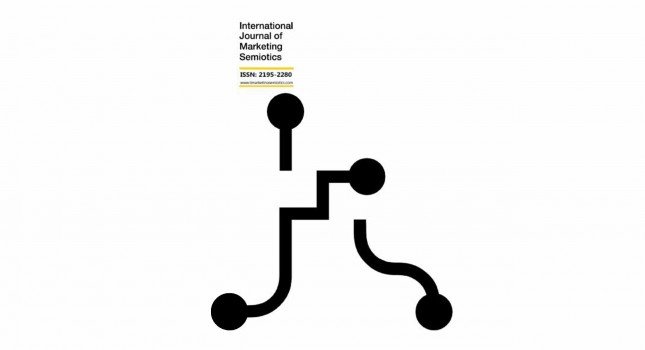
CFP: International Journal of Marketing Semiotics 2017. Special Issue: Semiophenomenology and Consuming the Experiential
What?
Phenomenology constitutes one of the most important and influential philosophical movements with a rich history that dates back (at least as regards its formal exposition) to Hegel. 20th C. was the age of phenomenology, one might say, that was inaugurated with Husserl’s ego-centric approach, and progressively opened up to social phenomenological perspectives. Starting with Husserl’s student and major critic Martin Heidegger who prioritized everydayness and being-with as primordial aspects of Being-in-the-world, it continued evolving via Schutz’s attempts to salvage Husserl’s “inter-subjectivity deficit” until Garfinkel’s ethnomethodology that brought about an entire turn towards micro-sociological scrutiny.
The influence of phenomenology on the humanities and the social sciences at large has been paramount, on both conceptual and empirical levels. Derridean deconstruction and Lacanian psychoanalysis, indubitably among the most influential theoretical movements that opened up new vistas across disciplines, leaned heavily on various phenomenological strands, from Hegel to Heidegger and beyond. Merelau-Ponty’s phenomenology brought about a whole new turn in theorizing the social by highlighting the primacy of the body, while challenging the absolute rooting of social theory in a mundus intelligibilis. At the same time, the mounting popularity of cognitivism has been coupled with feeding parasitically on the conceptual inventory of phenomenology.
Semiotics has been traditionally intertwined with phenomenology on various conceptual fronts, stretching from the very foundational phenomenological thinkers’ core theories being heavily informed by sign-related terminology to Lacan’s psychoanalytic notation and (in)famous diagrams. On an empirical level, phenomenological strands have been applied across variegated research areas, from film and music studies, to literature and social practices.
The impact and import of phenomenology, however, has been significantly more constrained in marketing. With the exception of the importation of groundwork aspects of Sartrean/Merleau-Pontyan phenomenology in what became consolidated as the existential phenomenological method, the vast fields of phenomenology and, moreover, semiophenomenology remain as yet untapped. Yet, the potential of semiophenomenology to furnish novel aspects-of-seeing on consumption-related studies is at best unfathomable, given that the very notion of ‘experience’ lies at the very core of phenomenological studies.
The special issue on Semiophenomenology and Consuming the Experiential that will be released by the International Journal of Marketing Semiotics (see below for relevant milestones) aims at:
– Enlarging the conceptualization of consumptive experiences by recourse to as yet non-leveraged phenomenological perspectives in consumer research
– Promoting conceptual frameworks and empirical research that seek to further distill the employment of sign related terminology by one or more phenomenological thinkers
– Promoting the applicability of already attained inter-disciplinary transfers between phenomenology and semiotics in the field of consumptive experiences
– Providing a forum for semiotically informed phenomenological empirical studies that draw on either primary or secondary data (verbal or multimodal)
For whom?
The CFP is open to researchers from all disciplines who are looking either into purely conceptual aspects or seek to apply empirically phenomenology, and phenomenologically inclined theories, such as deconstruction, Lacanian, feminist and post-Lacanian psychoanalysis, social and sociological phenomenology in conjunction with semiotics or in standalone mode, yet whose research is directly related to framing consumptive experiences (from products to spectacles to musical experiences).
By when?
If you are interested in advancing research in semiophenomenology send your paper to the attention of Dr. George Rossolatos at journalmarketingsemiotics@yahoo.com
or
georgerossolatos123@gmail.com
You may find the journal’s submission guidelines at https://ijmarketingsemiotics.com/submission-guidelines-2/
Milestones
Deadline for initial submission: March 13 2017
Review feedback will be provided within a maximum of two months as of the initial submission.
Publication date: Sep 2017
About the International Journal of Marketing Semiotics
The International Journal of Marketing Semiotics (est. 2012), an open-source, double blind-reviewed academic journal, aims at constituting a reference point in state-of-the-art academic research in the field of marketing semiotics, by enhancing the relevance of semiotic theories and methodologies across the entire marketing mix, with a dual orientation towards furthering existing theory, as well as promoting managerial saliency.
https://ijmarketingsemiotics.com/about-the-journal/

Leave your comment to Cancel Reply